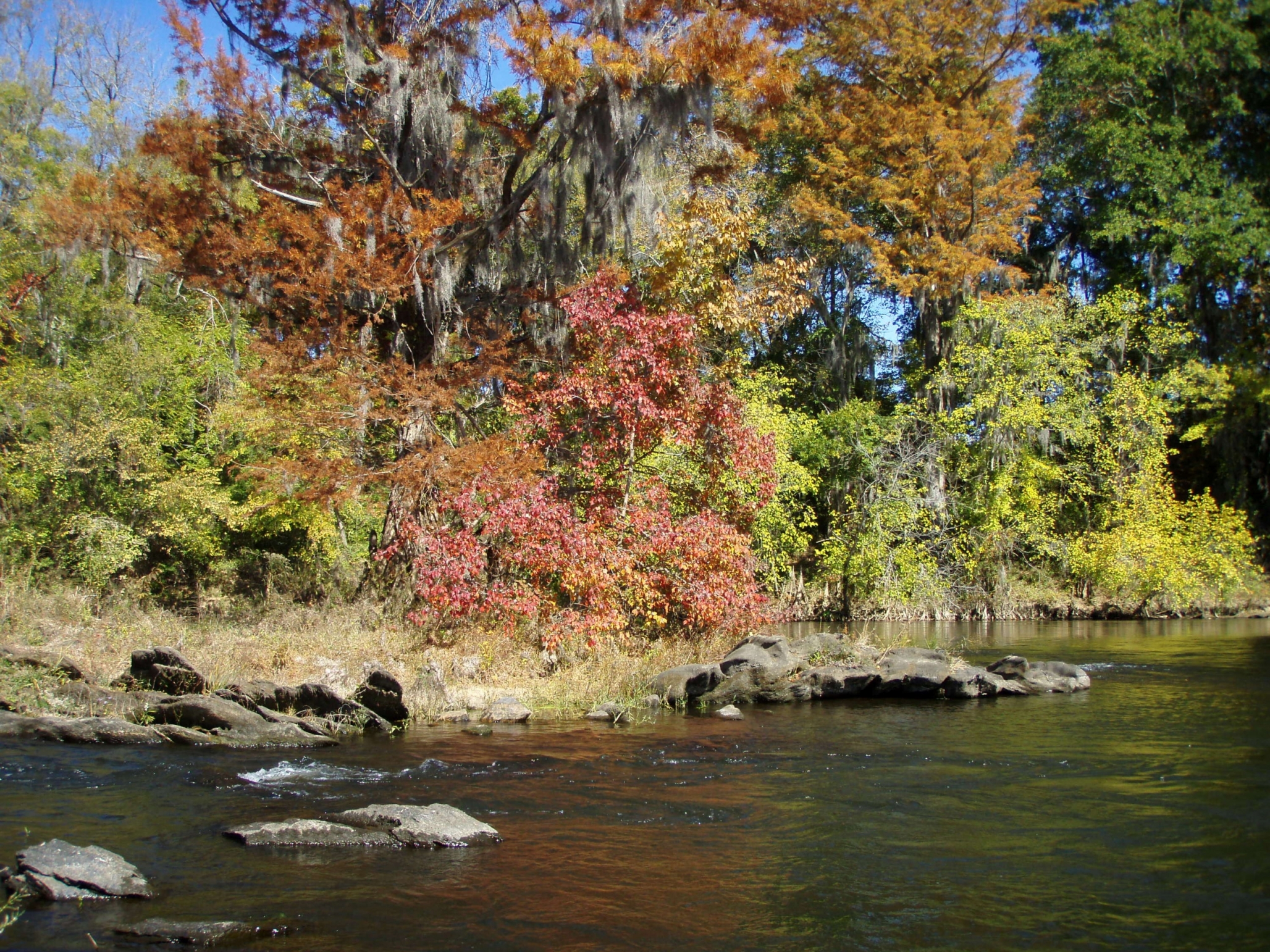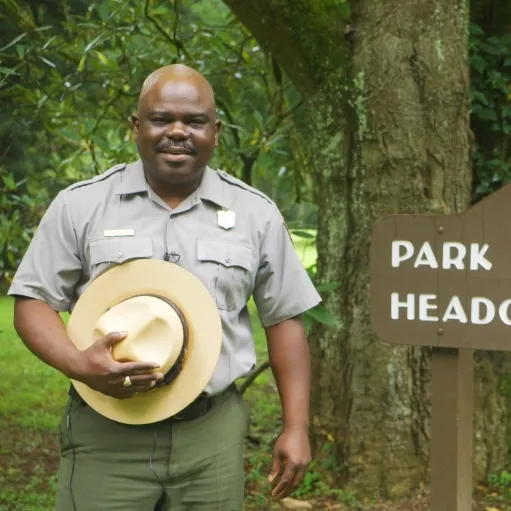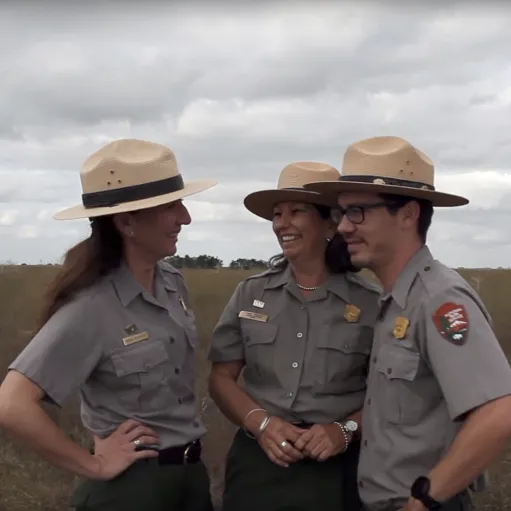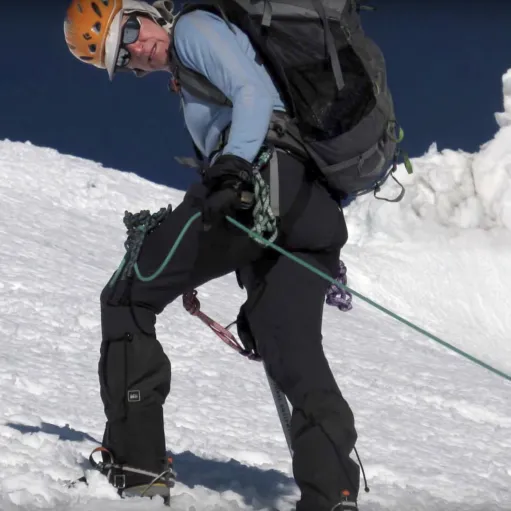Visiting Our National Trails
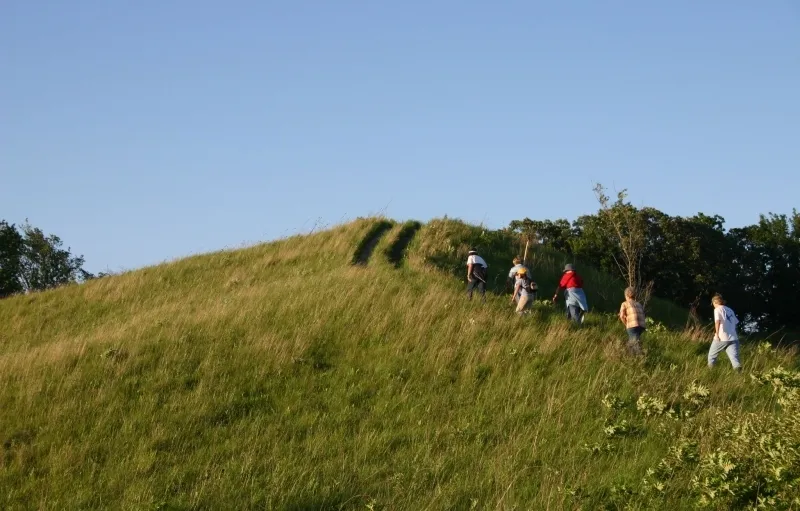
In addition to managing over 400 park sites, the National Park Service also works with communities across the nation to help preserve local history and create close-to-home recreational opportunities.
To meet the ever-increasing outdoor recreation needs, the National Trails System Act was enacted in 1968, making it federal policy to recognize, preserve, and promote trails. Through financial assistance, volunteer support, and logistical coordination, the National Park Service protects trails that are recreationally, historically, and culturally significant to America.
Have you considered visiting any of these trails for your next adventure? Here are some examples of the beautiful trails that the National Park Service helps preserve as part of its National Trails System program.
North Country National Scenic Trail
Michigan
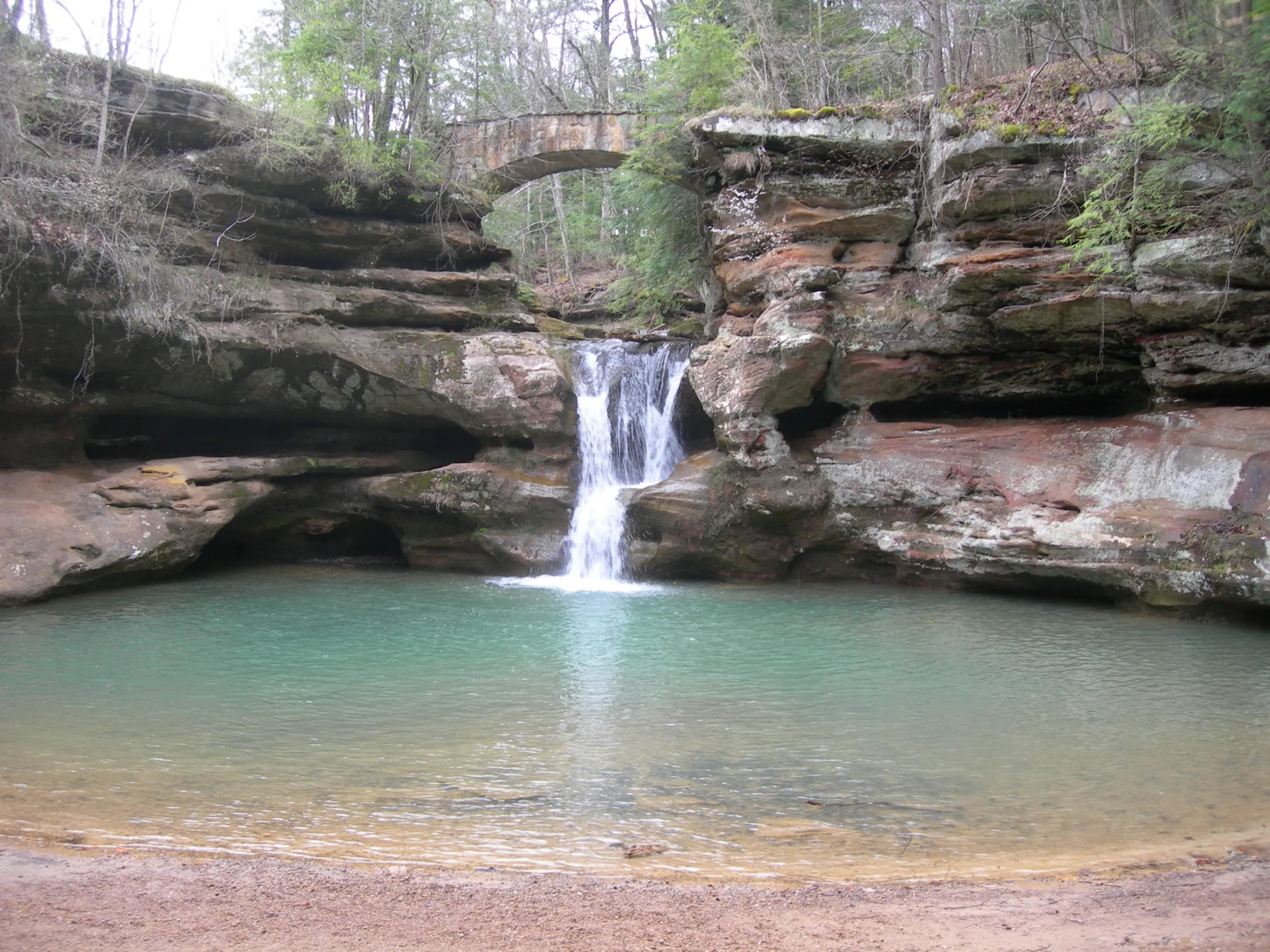
About the Park
Threading its way across our landscape, the North Country Trail works with public and non-profit partners to link outstanding scenic, natural, recreational, historic and cultural areas to create a 4,600 mile long non-motorized hiking and walking trail.
Old Man’s Cave at Hocking Hills State Park in Ohio along the North Country National Scenic Trail
Running from New York to North Dakota, this trail, when completed, will be the longest continuous hiking trail in the United States! Running along the rugged northern border of the United States, this volunteer-built 4,600-mile trail links scenic, natural, historic, and cultural areas across seven states. From snowshoeing, to long-distance trail-running, to hiking through the wide open prairies, North Country National Scenic Trail offers something for everyone every season.
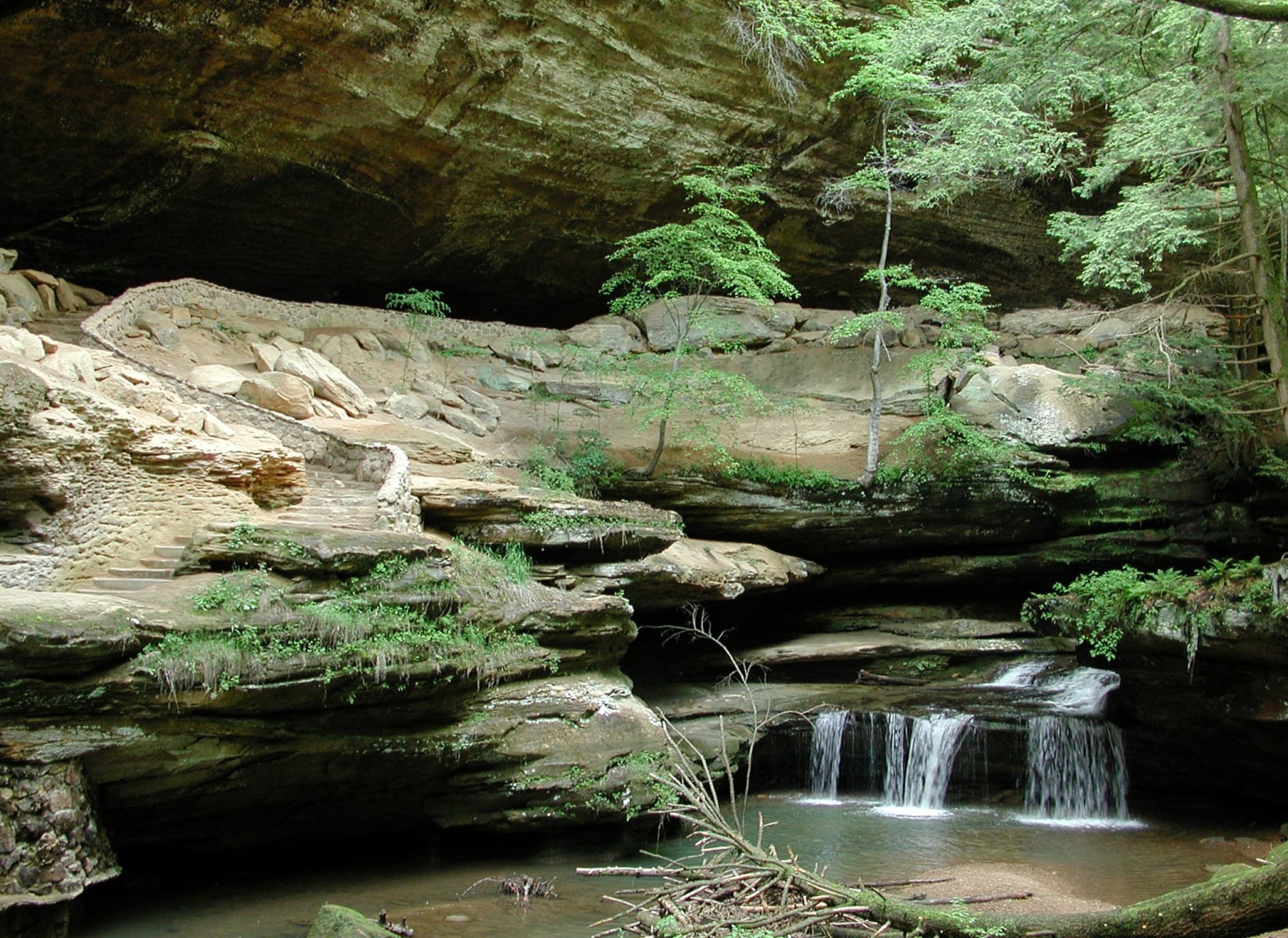
Lewis & Clark National Historic Trail
Nebraska
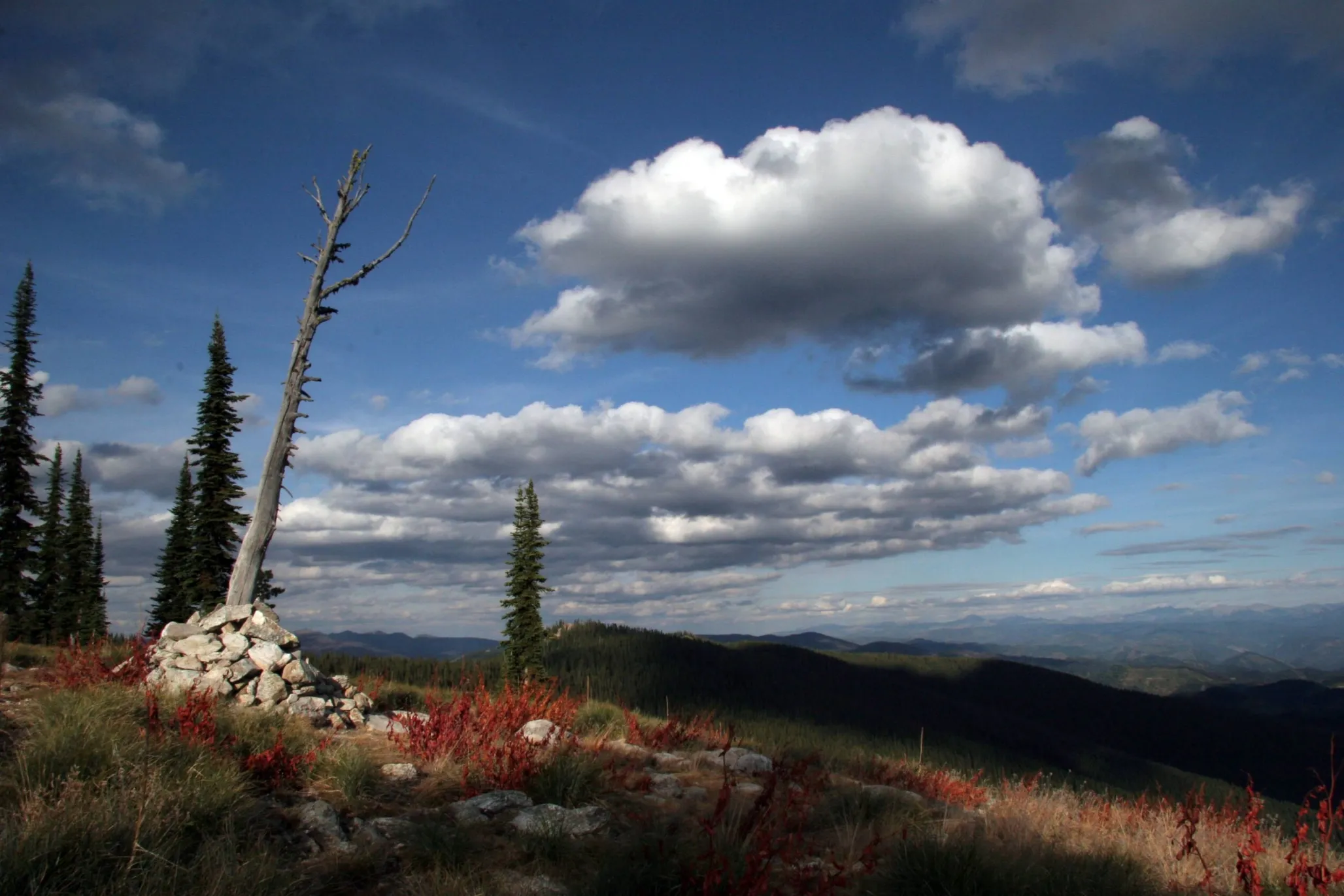
About the Park
Follow the footsteps of the Corps of Discovery, also known as the Lewis and Clark Expedition, as they traveled across the country to find a water route to the Pacific Ocean. Starting in Illinois and ending in Oregon, the group established trade relationships with local communities and documented local plant and animal life along the way.
From 1804 to 1806, the Corps of Discovery, also known as the Lewis and Clark Expedition, began near St. Louis, Missouri, and traveled westward to reach the Pacific Coast. Commissioned by President Thomas Jefferson, this group of 31 men, one woman, and her baby, were commissioned to find a water route to the Pacific Ocean, establish trade with local native communities, and study the plant and animal life living there. When you visit the trail today, you can follow in the footsteps of the Corps by foot and on horseback, raft down the Missouri River, or bike along on backcountry trails or paved roads. In the winter, this trail also provides opportunities for skiing and snowshoeing. In addition, visitors can explore this historic trail by car or bus to experience the months-long expedition in a few days.
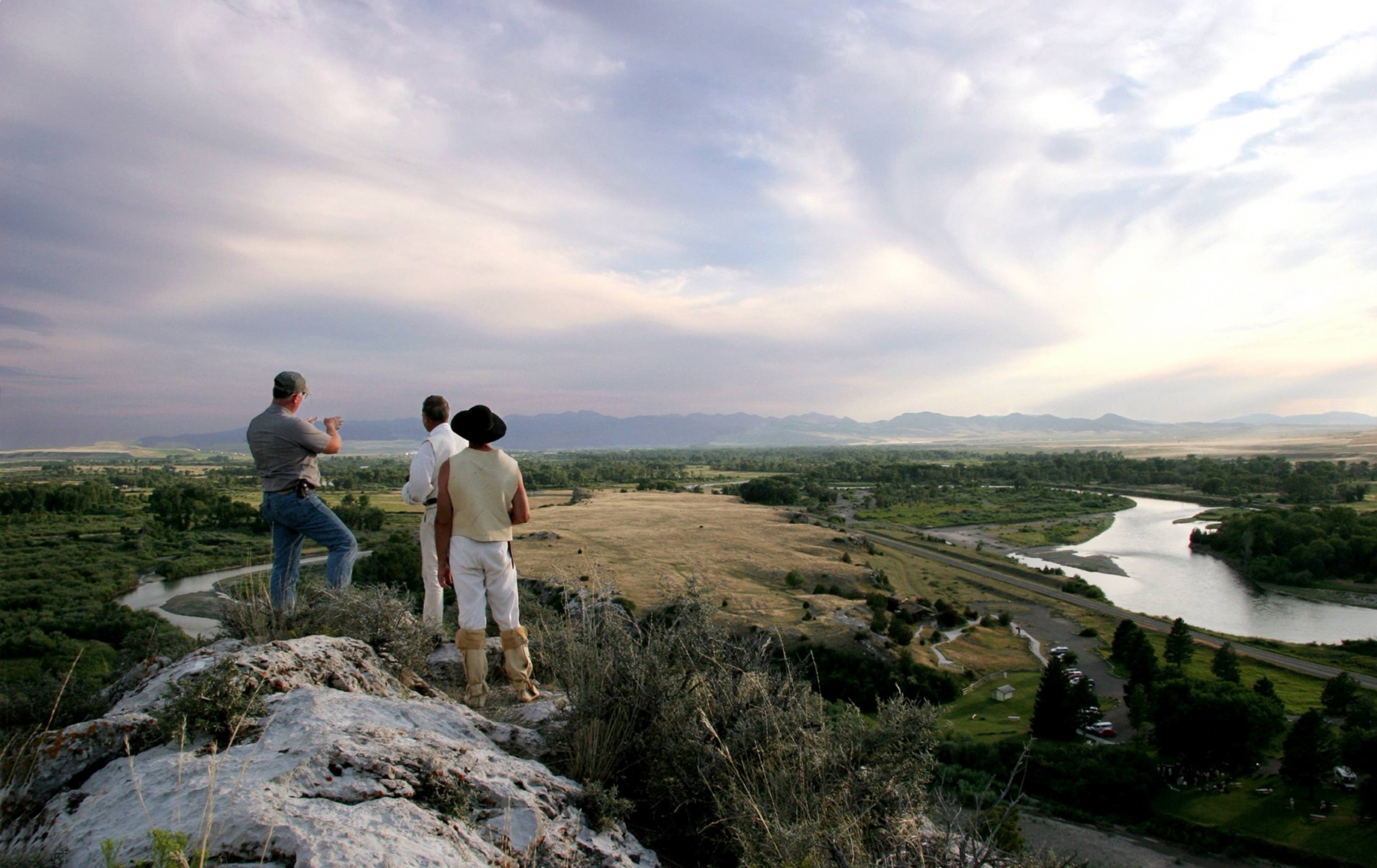
Alabama Scenic River Trail
Alabama
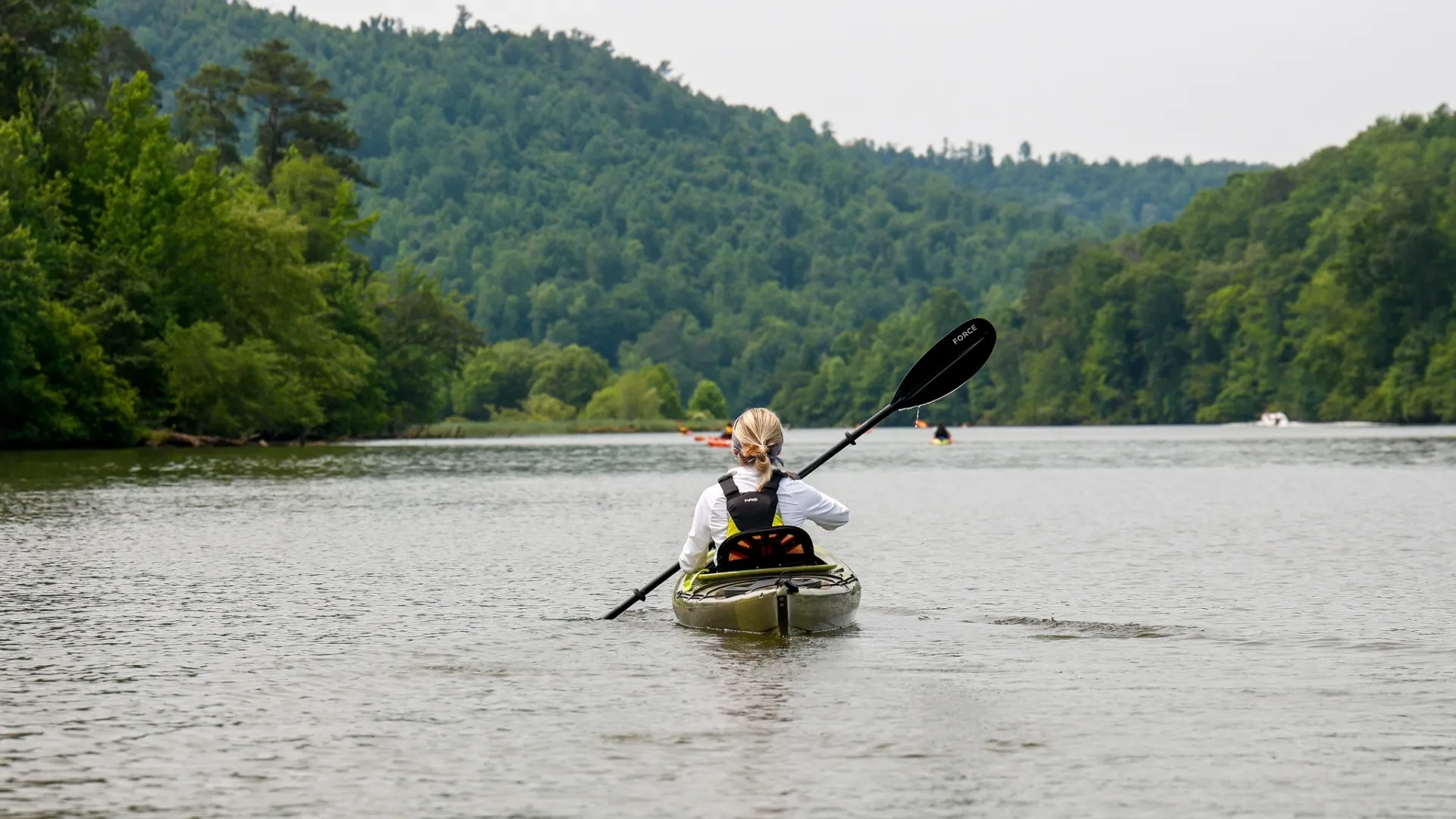
About the Park
A 631-mile long trail passing from the heart of Alabama, taking travelers from the northeast to the southwest of the state. Visitors can explore anything from whitewater paddling to calm delta wilderness paddling, to communities along the river, to camping along the trail.
Photo Credit: Alabama Scenic River Trail
Things to Do
- Birdwatching
- Boating
- Camping
- Canoeing
- Fishing
- Historical
- Kayaking
- Swimming
- Water Activities
- Whitewater Rafting
- Wildlife Viewing
Alabama Scenic River Trail is the longest river trail in a single state. It was created not only to reconnect citizens and visitors to Alabama’s rivers, but also to create sustainable rural development to communities along these rivers. Boaters and paddlers can explore over 5,000 miles of accessible waterways—from mountain streams, to river deltas, to the salt waters of the Gulf of Mexico—through the heart of Alabama, from the northeast to the southwest. Visitors can camp, fish, swim, and look for wildlife along this diverse water trail.
The National Park Service also has the Rivers, Trails, and Conservation Assistance (RTCA(link is external)) program to help with natural resource conservation and preserving access to outdoor recreation. The RTCA helps support community-led projects nationwide with community groups, nonprofits, tribes, and state and local governments. The National Park Service provides technical expertise, development support, and help identifying funding opportunities. Find out more(link is external) about the many other trails that are part of the National Trail Systems program and plan your next adventure!
